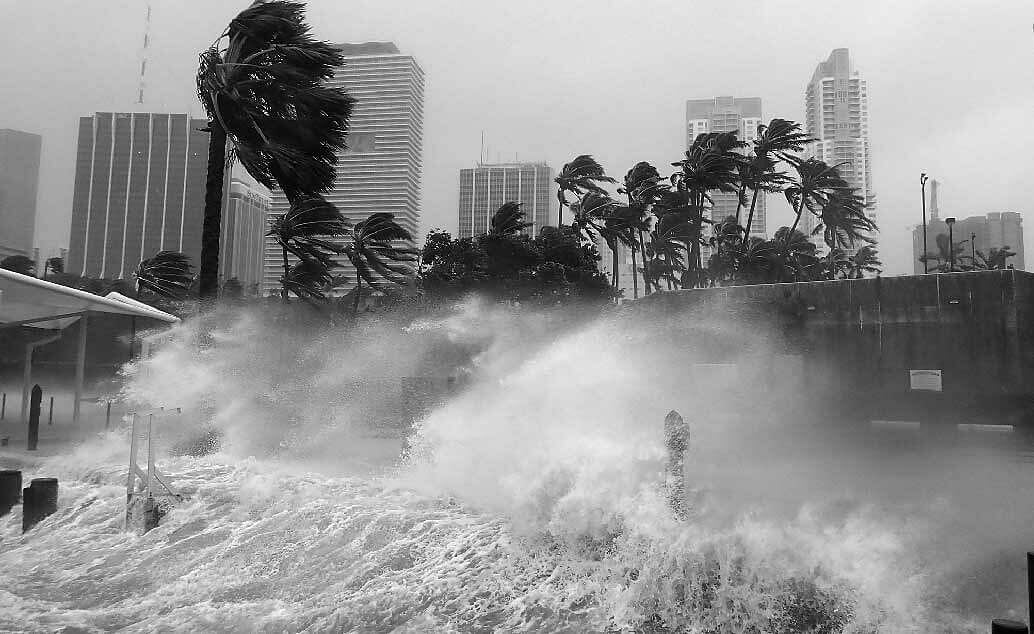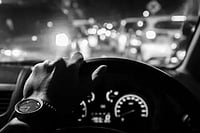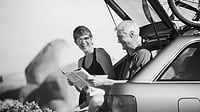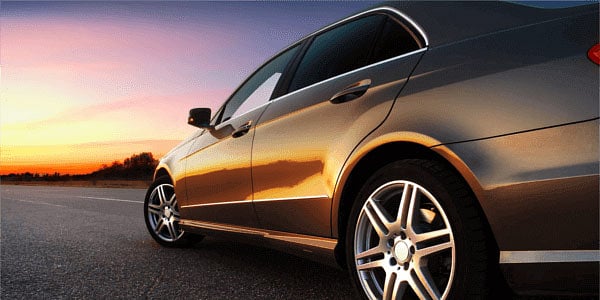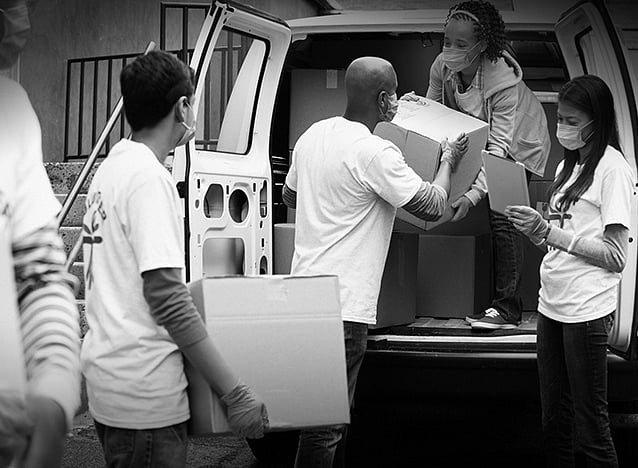Heavy Rains And Floods – Practical Tips To Make Sure You, Your Loved Ones And Possessions Are Safe
press-releases
With heavy rains and floods having hit large parts of the country, KZN officially declared as a disaster area and more rain forecast in the coming days, Auto & General Insurance is urging South Africans to take the necessary precautions to ensure that they, their loved ones and their possessions are safe.
“The death toll in KZN has risen to over 300 and countless properties, businesses and vehicles have been either damaged or destroyed, proving the immense physical, emotional and financial impact of natural disasters,” says Ricardo Coetzee, Head of Auto & General Insurance, who recently donated R50 000 to assist Gift of the Givers with their KZN flood relief efforts. “For those who have suffered damage to their property and possessions as a result of storms and floods, it’s essential to contact your insurance provider as soon as possible. To minimise further damage and injury, extra vigilance on the roads and at home is imperative.”
Auto & General Insurance offers the following advice to prepare for, and weather the storm:
GENERAL RULES TO REMEMBER:
- General and regular home maintenance, like checking structures around your house for weak spots, clearing debris from gutters, cutting away dead trees and branches and ensuring adequate drainage of water, is essential and will significantly reduce your risk. Reinforcing vital structures if you live in a rain / flood prone area is also a good idea.
- If you notice that there’s insufficient drainage, or a possible safety hazard due to cracking structures and roads, landslides, rock falls etc., in a public area, alert the authorities immediately.
- Make sure to have all emergency numbers, including that if your insurer, saved on your phone or memorised. Make sure that your whole family is thoroughly briefed on what to do and who to call in the event of an emergency.
HEAVY RAIN:
- Make sure that your outdoor furniture and accessories are safely stored or firmly secured.
- Heavy rains are often associated with lightning. The power surge of a lightning strike can easily overload most appliances and devices. It’s best to unplug these before the storm arrives.
- Where possible, park your car under cover and delay travelling until the storm has subsided.
- Don’t park under trees as there is a danger of falling branches and debris.
FLOODS:
- Move high value items to the highest possible floor or shelf if a flood threatens.
- Turn off electricity and gas supplies if flooding occurs to limit the risk of electrical shock or a fire.
- If you see warning signs like water seeping through the door, it’s best to head for higher ground immediately. Do not wait for it to become a life-threatening crisis.
- Motorists should not attempt to drive in flood conditions. Remember that just 15cm of moving water can knock you off your feet and water just 60cm deep can sweep a vehicle away. You also run the risk of flooding your vehicle’s air intake, which will stall the engine. Generally, if the water is deeper than the bottom of your doors or the bottom third of your wheels, it is not advisable to drive through it.
- Flash flooding often occurs when rivers flow over low-lying bridges. Avoid crossing bridges or roads next to rivers during heavy rains. If you do get stuck on a flooded road, it’s best to switch to the lowest possible gear and proceed slowly.
- If you approach a flooded spot at speed, it is advisable to take your foot off the accelerator and let your speed drop gradually. Never use the brakes suddenly because this may cause the car to skid or aquaplane.
“Always remember that your life and that of your loved ones is worth more than any house or car, so don’t risk it at any cost,” Coetzee says.
Coetzee notes that while it’s too soon assess the overall impact as claims are still being submitted, it is significant. He highlights the various types of car, buildings and home contents cover that typically come into play with storm and flood-related damage:
- Buildings insurance covers loss or damage to the actual house structure as a result of fire or explosion; storm, flood, lightning strike and resultant damage; and, ground movement including subsidence and landslip.
- Home contents insurance covers the possessions that are in your home. An easy way to determine this is to imagine taking the roof off your home and turning it upside down, everything that falls out of your house constitutes your home contents.
- Fire and Storm Only Home Contents Insurance which covers damage to your home contents caused by most natural disasters. These include fires, storms, explosions, falling trees (except if they’re being felled), earthquakes, floods, and damage caused by burst or overflowing geysers, equipment, and pipes.
- There are three types of car insurance available - comprehensive, third party, fire and theft and third party only cover.
- Comprehensive vehicle cover will protect your car against any accident damage to your vehicle or if it is stolen as well as cover damage caused to someone else’s vehicle or other property.
- With third party, fire and theft cover, you may claim for certain specified damage to your vehicle, such as fire damage, or if it is stolen. With such cover, accident damage to your vehicle is not covered but the damage caused to the third parties’ vehicle or other property is covered.
- Third party cover means that you can only claim for the damage you caused to other parties property or their vehicle.
“Events like these highlight the vital importance of being thoroughly prepared to protect you, your loved ones and possessions,” Coetzee concludes, “It’s also a reminder that good, comprehensive insurance should be non-negotiable, as supporting our customers in times like these is a core reason of why we exist as a business.”
